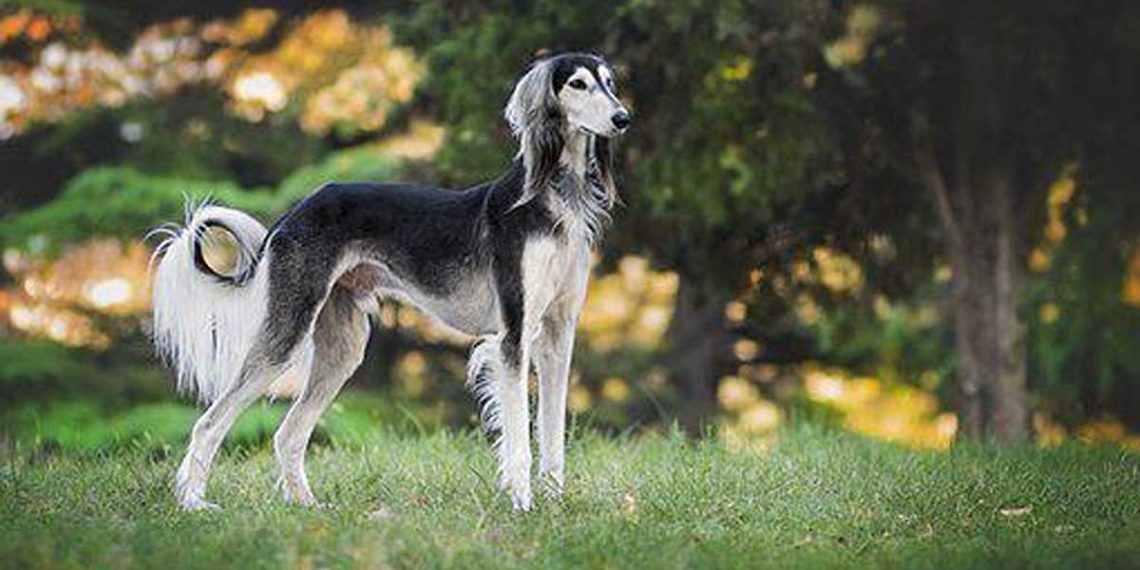During my time in the animal emergency hospital There are seen rattlesnake bites, pistol shot wounds, dogs which jumped off of a three-account parking structure, and pets about cocaine, methamphetamines, and pot with God knows what different. As soon as I think I have viewed everything, something new comes in. Another thing always stays the same. Typically the owners are scared, nor know what to do or what you are doing. So let’s go through the idea, so if it happens to you, I hope you will know what to do. We are going to proceed through what to do to prepare now beforehand and what to do if it at any time happens.
There has been a major tension with your dog, cat or even another pet. Maybe your canine friend was hit by an auto, fell off a construction or was attacked by simply another dog. The first thing you should do is take a deep breath and continue to be calm. You don’t do your canine friend any good if you’re not in your mind in control.
Your primary goal concept. Get this animal to the medical and get him treatment. I hope you have planned you could have your vet’s number on the phone as well as the phone number along with the address for the local creature emergency hospital. (If they’re not, do it now! ) It is advisable to call them ASAP and tell them there has been an emergency, so you are en route. This will ensure that the hospital staff prepares for your arrival. This sounds straightforward, but you would not believe the people have just gotten a pet to the veterinary hospital in an emergency. Problems these people face are everything from getting the injured pet, relocating the injured pet, not getting bit by the injured dog and finding the animal medical centre. It sounds simple until you’re in the situation and you’re not ready.
The pet is loose, and you also need to catch them. The very first thing you need to remember is to avoid chasing them. Any time you run after an animal, they will run. In case you try and grab or deal with an injured animal, you are going almost always to get bit and perhaps injure the pet more. You have to think strategically. Try slowly and gradually surround the pet and get your pet to come to you or transfer very slowly. Speed can be your enemy when trying to find a pet. Once you receive close enough, you must have some sort of rope or slip leash you can get around the neck. In case the animal is small, then you could use a large blanket being a net.
The trauma possesses happened. You have caught a youngster. The animal is probably very worried. Pain and fear help make us all do and work in ways that we normally would not. This is not limited to humans. Your canine friend will act and do issues out of character. They may get away from you. So let’s take make sure we have a leash on the pet so they can not necessarily get away. I know your pet might not exactly try to get away in a typical situation but remember this is not a typical situation. If you have a snout let’s use it. No one loves to see a muzzle on their dog,
but muzzles don’t harm anyone, and they offer a large amount of security. If you get a little bit now, all that has occurred is you are both injured, and you also both need medical assistance. Minus a muzzle, you can use a little piece of string. Tie the actual string around the dog’s muzzle with the knot beneath the muzzle. Then tie the actual string behind the back from the neck. Remember, animals can, on occasion still bite with the snout on, so you still should be careful. You can also use a baby blanket, towel or shirt. Put it gently over your domestic pet’s head while you move your pet. This takes the eye website away, so if he or she would go to bite, his aim will be off a little. The umbrella, shirt or towel will even provide some protection for you personally if the pet turns to bite. It’s not as good as the muzzle, but it is something.
Before you move the animal you have to examine him. Are any kind of major open wounds which are bleeding? If so, you need to create a pressure bandage and place this on the wound. If blood loss is really bad through the legs or tail you can place a tourniquet upon the leg. The tourniquet or even pressure bandage is a very temporary solution. In 20 moments, you should be at the vet, and they’ll remove it. If left on long it is possible it could total stop the blood flow towards the leg, and the leg might die.
Many people tell me they may be afraid to move the pet simply because what is there is damage to the actual spine. This is an excellent stage. Most of the time, if there is severe harm to the spine, the owner will certainly choose euthanasia over therapy. Severe spine damage usually comes with a very expensive treatment plan and a poor prognosis. If you are concerned about spine damage, look for a solid board the size of your pet. Slide the dog onto the panel. Place a blanket extraordinary for the pet. Now acquire Duct tape and cassette the pet to the board so he or she can not move around.
If you examine the pet, sometimes, it is typically the stuff you can’t see that could be the problem. Most lacerations might be sown up; most shattered bones can be repaired. It does not take internal Trauma to tender tissue that has to heal untreated and can not be seen in an examination or on x-rays. That is the biggest concern. Distress is also a major concern. Wildlife dies from shock. And so just because your pet seems fine doesn’t mean he or she is. Should your pet weighs 80 kilos and be hit by way of a 1500 lb car planning 20 miles an hour, they are not okay. If you have some sort of 15 lb dog that had been attacked by an 85 lb dog, he is not necessarily okay. Or at least it’s not worthy of taking a chance. Take him or her to the Vet.
If your dog can not walk and is big you may want to grab a large umbrella. Lay your pet on the umbrella. Use the blanket as a hammock. Have a person on each finish pick up the blanket and move him to the vehicle. Once at the hospital, employees will probably come out and help a person bring your pet in. Keep in mind these guys do this all the time, therefore, let them do their job. If your canine is not muzzled and the medical centre staff wants to muzzle your pet, LET THEM!
When you arrive at a healthcare facility, the doctor is likely to want to stabilize the pet and treat it for shock. The actual Veterinarian will do this along with IV fluids and medication. Then your veterinarian will want to do X-Rays and blood work to consider other injuries or circumstances he needs to be concerned about. Lastly, after the pet is steady, the veterinarian will want to bind up the wounds.
How quick the veterinarian decides to complete surgery depends on the condition of your canine friend. The Veterinarian could accomplish surgery anywhere from a similar day to a few days after.
When performing an examination when using animals you should always remember any time something major happens, each of our adrenalin goes up. The same thing comes about with animals. Your pet dog can get hit by a car or truck and still run home. Decades because he is okay. He’s far from okay. This is also widespread during a normal non-urgent trip to the animal hospital. Your pet has been limping for two times but upon arrival at the vet, he or she does not sag at all. This does not necessarily mean your pet is better. It could imply that the trip’s adrenalin suppresses the pain from his or her injury.
Animals can not discuss. This is one of the biggest obstacles the particular veterinarian faces. When you go to your current doctor’s office, the Doctor will ask you your about experience there, and you tell him. He or she asks you what affects, how long, and what happened. Your furry friend can not tell the animal medical practitioner these important facts.
It might be instinctual for animals to cover their injuries. In the crazy, animals that are sick or perhaps injured are the first for becoming prey for their predators. We come across these same instincts in many bodily exams where a Dr examines a pet that exhibits no signs of discomfort, yet common sense tells us the pet has to be in extreme discomfort.
This is the reason diagnostic tests such as X-rays and blood work may be so important during a physical exam.
Preparing in advance for a crisis is always a smart idea. There are numerous things you can do to prepare.
1 . Have a phone number and directions to your veterinarian on your phone and simply accessible around the house and in your car or truck.
2 . Do the same, no less than two local animal crisis hospitals.
3. If you have never been to the local animal crisis hospital drive by; therefore you know where it is.
Several. Keep an account open credit properly. You can apply online at care credit. Com this specific care credit account lets you make payments at most dog hospitals, and you never know when money will be an issue.
A few. Keep some basic supplies;
Any. A dozen rolls of dark brown army gauze,
B. Several sterile 3×3 gauzes.
T. A dozen rolls of vet’s wrap tape.
D. Put on leash.
E. Muzzle.
Fahrenheit. Blanket to use as hammock extender.
G. Larger towel to pay face.
H. Neosporin.
My partner and i. Board the size of the pet for a stretcher.
J. Duct Record.
K. Tourniquet.
L. 1″ Conform Tape
William O’Leary
I have worked in veterinarian medicine for over 20 years. I commenced working at my first canine hospital in 1988 as a canine health technician. Since then, there are worked for a Veterinary prescription drug company and veterinary labs. In 1996 I popped my animal emergency in the hospital. In 2001 I enhanced the hospital to include non-urgent services.
I find all the animals and the outdoors to be therapeutic in my life. I quite like them every day of playing.
Read also: https://fortleeortho.com/?s=pet










